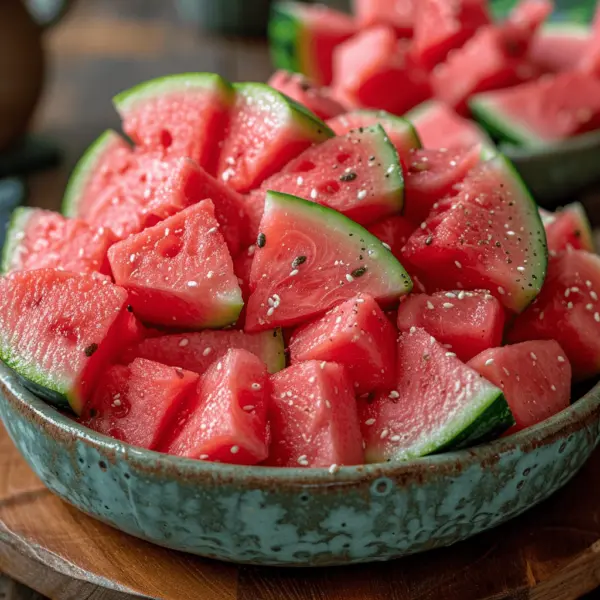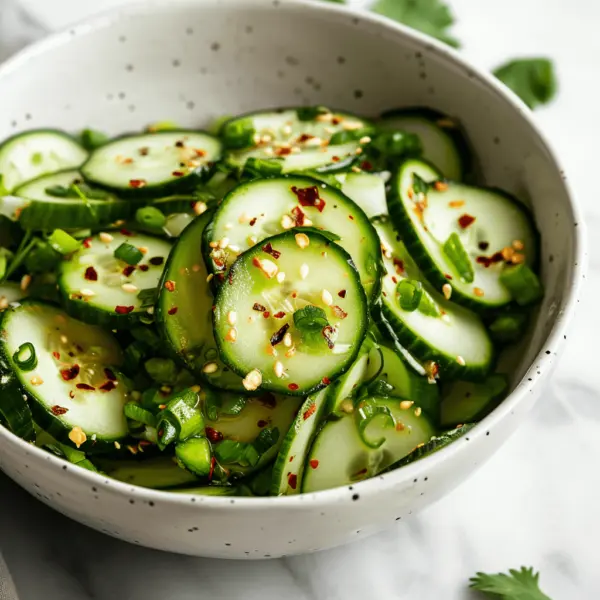Welcome to Hydrating Foods, your passport to a world where delicious bites don’t just tantalize your taste buds but also keep you well-hydrated. Get ready to discover the juiciest secrets of water-rich fruits and veggies and how they play a starring role in quenching your thirst while treating your palate.
Hydrating Foods
Why Dive into Hydrating Foods?
Hydrating foods play a crucial role in maintaining optimal hydration levels and supporting overall health and well-being. By incorporating these foods into your diet, you can ensure proper hydration while enjoying delicious and nutritious meals. Here are several reasons why you should dive into hydrating foods:
Benefits of Hydrating Foods:
-
Natural Hydration: Hydrating foods are rich in water content, helping you stay hydrated throughout the day. Fruits and vegetables such as watermelon, cucumbers, strawberries, and lettuce have high water content, making them excellent choices for hydration.
-
Nutrient-Rich: In addition to water, hydrating foods are packed with essential vitamins, minerals, and antioxidants. These nutrients support various bodily functions, including immune function, digestion, and skin health.
-
Low in Calories: Many hydrating foods are low in calories, making them ideal for weight management and maintaining a healthy diet. You can enjoy large portions of hydrating fruits and vegetables without worrying about excessive calorie intake.
-
Increased Satiation: Foods with high water content, such as soups, salads, and smoothies, can help you feel fuller for longer periods, reducing the likelihood of overeating or snacking on unhealthy options.
-
Improved Digestion: Hydrating foods are often rich in fiber, which promotes healthy digestion and prevents constipation. Adequate hydration and fiber intake are essential for maintaining regular bowel movements and gut health.
Fruity Oasis:
1. Watermelon Wonders:
– Dive into a juicy slice of watermelon, a hydration hero boasting over 90% water content. It’s like sipping on nature’s refreshing nectar.
2. Berries Bliss:
– Strawberries, blueberries, raspberries – these tiny delights pack a hydrating punch and are loaded with antioxidants. A berrylicious way to keep thirst at bay.
3. Citrus Symphony:
– Oranges, lemons, and grapefruits are not just zesty and tangy; they’re also brimming with water, giving you a citrusy hydration boost.


Veggie Hydration Haven:
1. Crispy Cucumbers:
– Cucumbers are not just for salads. With a whopping 95% water content, they’re your crunchy, hydrating snack buddies.
2. Leafy Greens Galore:
– Spinach, lettuce, and kale – these leafy wonders are not only nutrient-packed but also contribute to your daily fluid needs.
3. Refreshing Celery:
– With its high water content and satisfying crunch, celery is a hydrating snack that keeps you munching happily.
Hydration Hacks for Foodies:
1. Hydrating Smoothie Bowls:
– Blend up your favourite hydrating fruits with yogurt or plant-based milk for a tasty, hydrating bowl of goodness.
2. Infused Water Creations:
– Elevate your hydration game by infusing water with slices of your favourite fruits and herbs. It’s like spa water but at home!
3. Crunchy Veggie Platter:
– Create a colourful veggie platter with hydrating veggies and pair them with a tasty dip. Snacking never felt this refreshing.
A Symphony of Flavours and Hydration:
On this culinary journey, hydrating foods aren’t just about sipping water – they’re about savouring the goodness of nature. So, whether you’re reaching for a crisp cucumber or indulging in a berry feast, remember, each bite is a step towards nourishing your body and staying deliciously hydrated.
What Food is Most Hydrating?
The most hydrating food is the cucumber. Cucumbers are composed of about 96% water, making them the top choice for hydration. They are also low in calories and contain essential nutrients like vitamin K, vitamin C, and potassium, contributing to overall health while keeping you hydrated.
Do Bananas Hydrate You?
Bananas provide some hydration due to their water content, which is approximately 75%. While not the most hydrating fruit, they offer significant benefits such as high levels of potassium, which helps maintain fluid balance in the body. Pairing bananas with other high-water-content foods can enhance overall hydration.
What Foods Absorb Water in the Body?
Foods rich in soluble fiber absorb water during digestion. Examples include oats, chia seeds, and legumes. These foods help retain water in the digestive system, promoting regular bowel movements and preventing dehydration.
What Foods Are Super Hydrating?
Super hydrating foods are those with high water content. Key examples include:
- Watermelon: About 92% water and packed with vitamins A, C, and antioxidants.
- Strawberries: Around 91% water, also rich in vitamin C and manganese.
- Celery: Approximately 95% water, providing fiber and essential nutrients like vitamin K and potassium.
- Lettuce: Roughly 95% water, low in calories, and a good source of vitamins A and K.
Does Yogurt Hydrate You?
Yes, yogurt can contribute to your hydration. Yogurt contains about 85-88% water, depending on the type. It also provides probiotics, which support gut health, and important nutrients like calcium and protein.
What’s the Most Hydrating Fruit?
The most hydrating fruit is watermelon. Composed of about 92% water, watermelon is excellent for keeping you hydrated. It also contains vitamins A, B6, and C, along with antioxidants like lycopene, which support overall health.
Does Cheese Hydrate?
Cheese is not considered a hydrating food. Most cheeses have a relatively low water content compared to fruits and vegetables. However, fresh cheeses like mozzarella contain more water (around 50-60%) than aged cheeses and can contribute slightly to hydration.
What Foods Hydrate You Quickly?
To hydrate quickly, consume foods with high water content. Some of the best options include:
- Cucumbers: Composed of about 96% water.
- Tomatoes: Around 94% water, also rich in vitamins A and C.
- Spinach: Approximately 91% water, packed with nutrients like iron and magnesium.
- Bell Peppers: About 92% water and a good source of vitamins A, C, and B6.
These foods provide quick hydration and essential nutrients, making them ideal for rehydration.